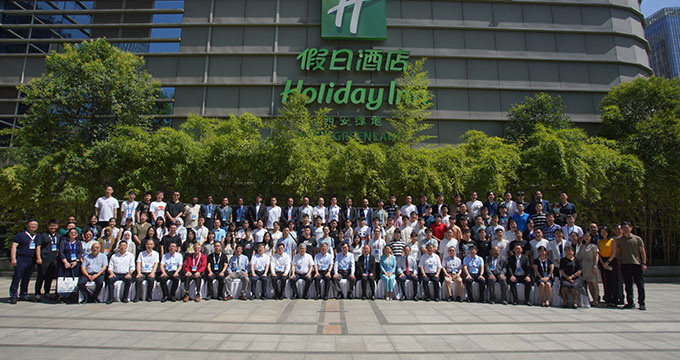The abstract is often the first (and sometimes the only) part of your paper that readers will see, making it critical for IEEE conference submissions. A well-written abstract summarizes your work and entices reviewers and attendees to explore your paper further. This guide provides actionable tips to craft an abstract that stands out.

1. Understand the Purpose of an Abstract
An abstract for an IEEE conference serves multiple purposes:
- Summary: It concisely outlines the key aspects of your research.
- Attractiveness: It convinces readers and reviewers of your paper's value.
- Search Optimization: It helps your paper appear in relevant search results via keywords.
2. Key Components of an IEEE Abstract
A. Background and Context
- Provide a brief background to set the stage for your research.
- Clearly state the problem or gap in the existing knowledge that your research addresses.
B. Objectives
- Mention the specific goals or questions your research seeks to answer.
- Use clear, measurable, and concise language.
C. Methods
- Summarize the methodology used in your research.
- Focus on key techniques or experiments without delving into excessive detail.
D. Results
- Highlight the most important findings or outcomes of your study.
- Use quantitative or qualitative data to support your claims where possible.
E. Conclusion and Implications
- Summarize the significance of your results and their broader impact.
- Avoid vague statements; clearly state the value your work adds to the field.
3. Writing Style Tips
A. Keep It Concise
- IEEE abstracts typically have a word limit of 150–250 words. Stay within the limit while including all essential details.
B. Use Clear and Precise Language
- Avoid jargon or overly complex terms that might confuse readers.
- Use active voice and straightforward sentences.
C. Emphasize Originality
- Clearly state what makes your research unique or innovative.
D. Include Keywords
- Add 3–5 relevant keywords that reflect your paper's content to improve discoverability in databases like IEEE Xplore.
4. Common Mistakes to Avoid
A. Lack of Focus
- Avoid cramming excessive detail into your abstract. Stick to the key points.
B. Generic Statements
- Avoid vague claims like "this study is important" without supporting evidence.
C. Ignoring Conference Guidelines
- Each IEEE conference may have specific requirements for abstracts. Always check and follow the guidelines.
D. Poor Grammar and Formatting
- Proofread your abstract to ensure it is free of errors. Formatting issues may detract from its professionalism.
5. Example of a Strong Abstract
Title: Enhancing IoT Security Through Adaptive Encryption Techniques
Abstract:
The rapid growth of the Internet of Things (IoT) has introduced significant security challenges due to the proliferation of connected devices. This paper proposes an adaptive encryption framework tailored for resource-constrained IoT environments. The framework dynamically adjusts encryption strength based on contextual factors such as data sensitivity and device capabilities. Experimental results demonstrate that the proposed solution reduces computational overhead by 30% while maintaining robust security compared to traditional encryption methods. This work provides a scalable approach to enhancing IoT security and lays the foundation for further advancements in secure IoT architecture.
6. Review and Finalize Your Abstract
A. Seek Feedback
- Share your abstract with colleagues or mentors for constructive feedback.
B. Match It to Your Paper
- Ensure the abstract aligns with the content and findings of your full paper.
C. Revise for Impact
- Refine sentences for clarity and impact, ensuring every word adds value.
Conclusion
Writing a strong abstract is a critical step in successfully submitting a paper to IEEE conferences. By including all essential components and adhering to best practices, you can effectively convey the importance of your research and increase the likelihood of acceptance.
For more IEEE-related writing tips, visit iconf.com.


